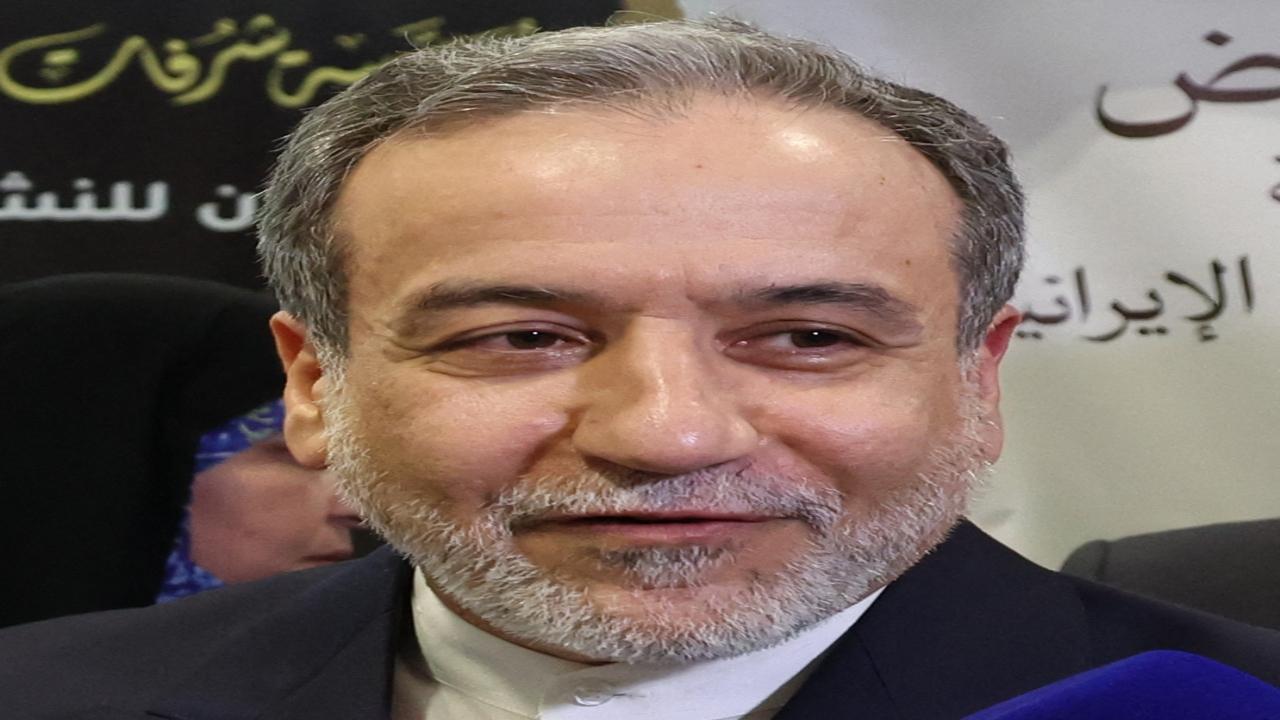Saudi Arabia also appeared to be concerned over the hostilities between New Delhi and Islamabad with its foreign minister holding phone conversations with his Indian and Pakistani counterparts

Iran's Foreign Minister Abbas Araghchi said Tehran stands ready to use its good offices in Islamabad and New Delhi to "forge greater understanding at this difficult time" in line with the spirit of Persian poet Saadi. PIC/AFP
As tensions escalated between India and Pakistan following Tuesday’s deadly Pahalgam terror attack, Iran on Friday reached out to the two countries to de-escalate the situation, reported news agency PTI.
Saudi Arabia also appeared to be concerned over the hostilities between New Delhi and Islamabad with its foreign minister holding phone conversations with his Indian and Pakistani counterparts.
"India and Pakistan are brotherly neighbours of Iran, enjoying relations rooted in centuries-old cultural and civilisational ties. Like other neighbours, we consider them our foremost priority," Iranian Foreign Minister Seyed Abbas Araghchi wrote in a social media post.
Araghchi said Tehran stands ready to use its good offices in Islamabad and New Delhi to "forge greater understanding at this difficult time" in line with the spirit of Persian poet Saadi.
Amid fears of a military escalation between India and Pakistan, Saudi Foreign Minister Faisal bin Farhan Al Saud also spoke to his Indian counterpart, S Jaishankar, as well as Pakistan's Mohammad Ishaq Dar, PTI reported.
"Had a telecon with Foreign Minister @FaisalbinFarhan of Saudi Arabia. Discussed the Pahalgam terrorist attack and its cross-border linkages," Jaishankar said on X.
A Pakistan Foreign Office Spokesperson, stating that Dar had received a phone call from Al Saud, added that the minister briefed his Saudi counterpart on the decisions taken by the country’s National Security Committee in response to the unilateral measures announced by India, reported PTI.
Dar also "cautioned" against further escalation and reaffirmed Pakistan's resolve to "respond firmly to any aggression", the spokesperson said.
The Iranian Foreign Minister quoted Saadi, saying, "Human beings are members of a whole; in creation of one essence and soul. If one member is inflicted with pain, other members uneasy will remain."
India announced a series of punitive measures against Pakistan on Wednesday, including the suspension of the Indus Waters Treaty, the closure of the only operational land border crossing at Attari, and the downgrading of diplomatic ties, in response to the cross-border links to the Pahalgam terror attack that killed 26 civilians, mostly tourists.
In retaliation, Pakistan closed its airspace to Indian airliners and suspended all trade with New Delhi, including through third countries.
Pakistan also rejected India's suspension of the Indus Waters Treaty, warning that any attempt to stop the flow of water would be seen as an "act of war”.
Amid widespread national outrage over the Pahalgam terror attack, Prime Minister Narendra Modi vowed on Thursday that the perpetrators would be pursued "to the ends of the earth”. He promised to "identify, track, and punish every terrorist and their backers”.
Addressing a rally in Bihar's Madhubani on Thursday, PM Modi had stated: "Friends, today from the soil of Bihar, I say to the whole world: India will identify, track, and punish every terrorist and their backers."
"We will pursue them to the ends of the earth. India's spirit will never be broken by terrorism. Terrorism will not go unpunished," he added.
"Every effort will be made to ensure that justice is done. The entire nation is firm in this resolve. Everyone who believes in humanity is with us. I thank the people of various countries and their leaders who have stood with us in these times," PM Modi said in Bihar.
(With PTI inputs)
 Subscribe today by clicking the link and stay updated with the latest news!" Click here!
Subscribe today by clicking the link and stay updated with the latest news!" Click here!








